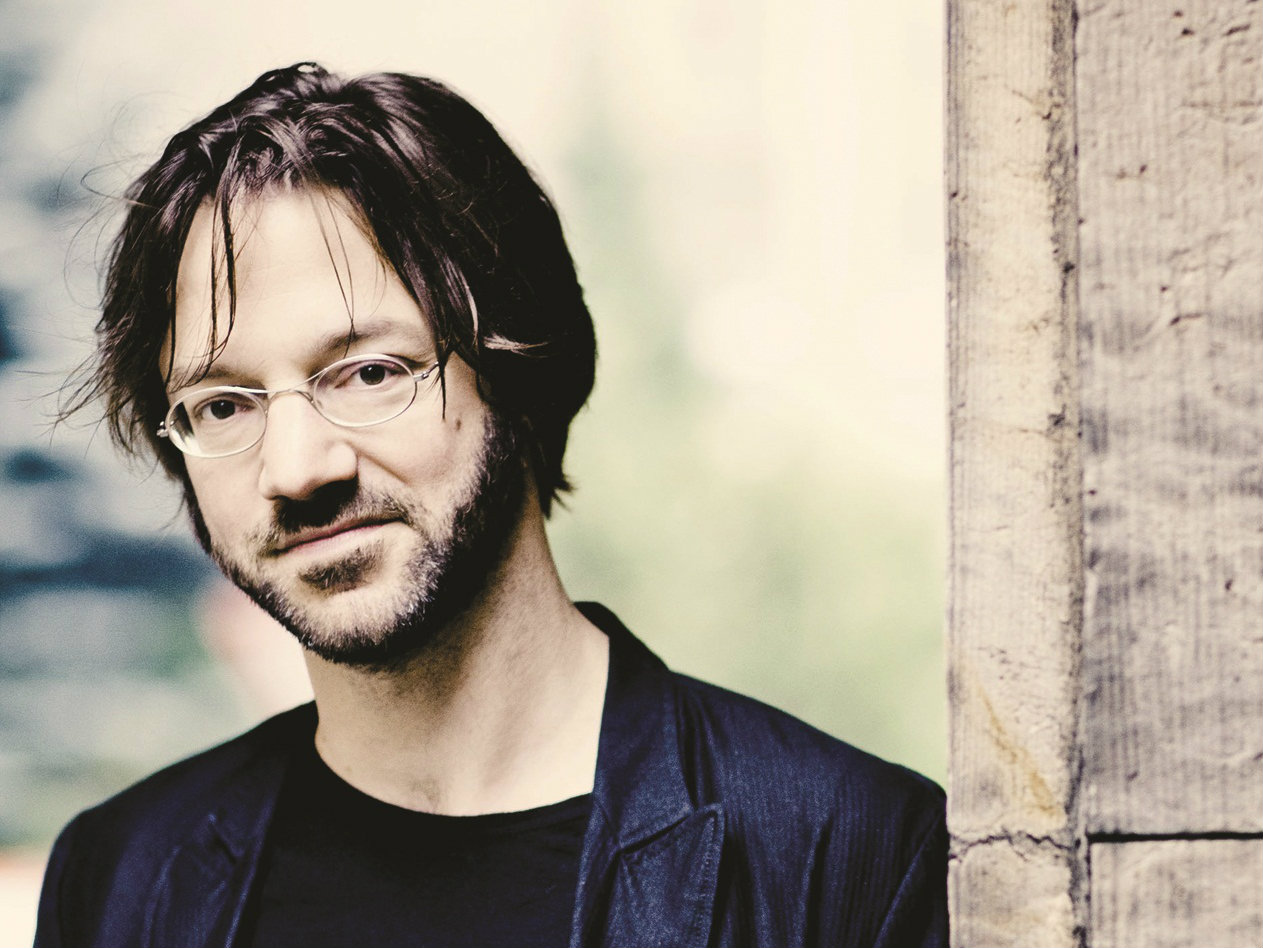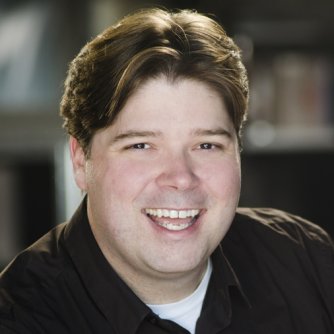
Andre de Ridder, who splits his time between Germany and England, has worked with Damon Albarn of the bands Blur and Gorillaz on several projects, including two operas. When composer Max Richter wrote an orchestral remix of Vivaldi’s “Four Seasons,” de Ridder conducted the piece, which became a hit on classical charts in Europe and the U.S.
As principal conductor of Sinfonia VIVA from 2007 to 2012, De Ridder also presented music by Beethoven and Mendelssohn alongside the modern pieces they inspired.
This weekend he conducts the Colorado Symphony for three performances in a program playfully titled “There Will Be Beethoven.” The first piece on the program is an orchestral suite of music from the film “There Will Be Blood” composed by Radiohead guitarist Jonny Greenwood.
The program also includes Beethoven’s 1st Symphony and Benjamin Britten’s Piano Concerto, featuring soloist William Wolfram. "There's a sense of discovery in all these compositions which make them exciting and fresh," de Ridder said. He'll perform with the symphony at 7:30 p.m. Friday and Saturday and 2:30 p.m. Sunday.
The conductor recorded a new album out March 3 on Deutsche Grammophon featuring Greenwood’s “There Will Be Blood” suite along with three pieces by Bryce Dessner of the band The National.
He spoke with CPR Classical about winning over fans of pop music, Jonny Greenwood’s inventive technique for plucking a violin, and past connections with Colorado Symphony conductors Marin Alsop and Andrew Litton. Click the audio link above to listen.
Interview highlights:
On how playing in bands inspired by artists like Joy Division or The Cure influenced his communal approach to working on music with composers and ensembles:
"What’s different about rock bands, and rock bands writing music especially, is the collaborative approach to composition -- as opposed to classical composers who are supposed to sit alone in their ivory tower and think up all this music in their own head, in their brain, and then other people get to perform it. The difference with a rock band is they compose it together and then perform it together. … I guess this sense of communal music making and communal music creating is something that inspires me. And maybe I’m sometimes missing that from the classical music-making scene, or the kind of distance between the composer and the orchestra."
On why it’s more nerve-racking to attend the first rehearsal of an unusual new piece than it is to conduct the music in concert:
"I’m always more nervous before the first rehearsal than before any concert. ... I’m not nervous before concerts because then you’ve done all your work basically and then it’s all about the music making. There’s no more talking, no more talking back possible. But, you know, obviously when you meet a completely new group of people you never know how they’ll react. Are they open? Are they flexible? Are they enjoying what they’re doing?"
On how working on Max Richter’s “recomposed” version of Vivaldi’s “Four Seasons” deepened his appreciation of the original music:
"I wouldn’t say it's like 'The Four Seasons' remixed, but it’s a new piece of music that’s like a 21st century version, maybe of elements of 'The Four Seasons.' It picks up on the atmosphere as well. And I think it just puts the old work into a new light and when we recorded it and rehearsed it I studied the ... original piece again and actually found out what an amazing piece it actually is. I really think it’s one of the great, great pieces of classical literature. And you know, for me they can stand with equal value next to each other."








